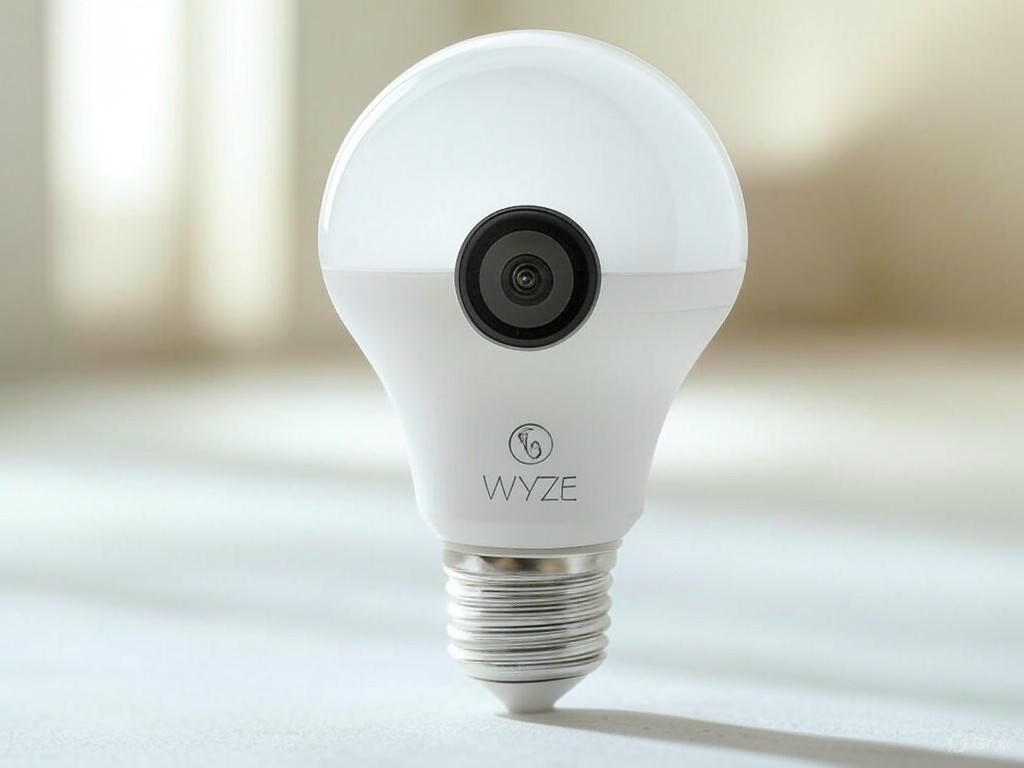Wyze’s Bold Move: A Smart Bulb with a Built-In Camera
In a surprising twist that has tech enthusiasts buzzing, Wyze, a company known for its innovative smart home devices, has unveiled a product that blends two seemingly unrelated gadgets into one: a smart bulb with an integrated camera. This daring fusion raises eyebrows and sparks debate about the future of home automation and privacy. Is this a stroke of genius or a risky misstep? Let’s dive into the details of this unconventional device and explore what it means for consumers.
At first glance, the concept of a light bulb doubling as a surveillance tool seems like something out of a sci-fi movie. Wyze’s latest offering promises to illuminate your space while keeping an eye on it, quite literally. The bulb connects to your Wi-Fi network, allowing users to control lighting settings and access a live camera feed through a smartphone app. Imagine adjusting the ambiance of your living room while simultaneously checking if your pet is lounging on the couch—or if an unexpected visitor has wandered in. The device boasts features like motion detection alerts and night vision, ensuring that it functions as a security tool even when the lights are off. It’s a clever way to maximize functionality in a single product, especially for those with limited space or a desire for minimalist setups.
However, this hybrid device isn’t without its controversies. Combining a camera with something as ubiquitous as a light bulb raises significant privacy concerns. Light bulbs are often installed in intimate spaces—bedrooms, bathrooms, or personal offices—where constant surveillance might feel intrusive, even if it’s under the user’s control. What happens if the device is hacked, or if data is mishandled? Wyze has faced scrutiny in the past over security vulnerabilities in its products, and skeptics worry that this new gadget could become a target for cybercriminals. The company has assured users that robust encryption and user authentication protocols are in place, but only time will tell if these measures hold up under real-world conditions.
Beyond privacy, there’s also the question of practicality. Will the camera’s placement in a bulb provide a useful vantage point, or will it be limited by awkward angles and heights? And how will the dual functionality impact the bulb’s lifespan or energy efficiency? While Wyze markets this as a seamless solution for smart home enthusiasts, some argue it might be better to keep lighting and security as separate entities for optimal performance.
As Wyze pushes the boundaries of what a smart home device can be, their bulb-camera hybrid is a testament to the rapid evolution of technology. It’s a bold experiment that could redefine convenience—or serve as a cautionary tale about overcomplicating everyday tools. For now, consumers are left to weigh the pros and cons, deciding if this quirky innovation deserves a spot in their homes. Whether it’s a game-changer or a gimmick, one thing is clear: Wyze isn’t afraid to take risks in the ever-competitive smart home market.


